
Experiencing Traditional Tea Ceremony in Tokyo
The Japanese tea ceremony, or "chanoyu," is a cultural experience steeped in tradition, aesthetics, and mindfulness. In Tokyo, numerous tea houses and cultural centers provide visitors with an opportunity to immerse themselves in this elegant ritual. Experiencing a traditional tea ceremony allows participants to understand the nuances of Japanese hospitality, the symbolism of tea, and the harmonious blend of nature, art, and spirituality. This guide explores some of Tokyo’s best locations for tea ceremonies, each offering a unique perspective on this iconic Japanese art form.
Contents
1. Happo-en: A Garden of Tranquility
2. Hoshinoya Tokyo: Luxury Meets Tradition
3. The Imperial Palace East Gardens: Tea in Historical Splendor
4. Japanese Tea Culture Museum in Ueno
5. Asakusa Culture and Tourism Center: Exploring Urban Tradition
1. Happo-en: A Garden of Tranquility
Happo-en, nestled in the heart of Tokyo, is famous for its breathtakingly beautiful garden, where the tea ceremony is conducted amidst lush greenery and seasonal blooms. Happo-en’s teahouse offers an authentic setting to enjoy matcha (green tea) prepared by a tea master. The traditional tea house, combined with the scenic surroundings, provides a serene atmosphere that enhances the ceremonial experience. Guests can watch the tea preparation up close, learn about the tools and methods, and appreciate the slow, deliberate movements that are intrinsic to the tea ceremony. Happo-en is an ideal place for those looking to experience the harmony of nature and tradition.
2. Hoshinoya Tokyo: Luxury Meets Tradition
Hoshinoya Tokyo is a luxury ryokan (traditional Japanese inn) that combines elegance with traditional Japanese aesthetics. The tea ceremony here is held in a beautifully designed tea room, offering guests an intimate and exclusive experience. A tea master introduces participants to the history, philosophy, and rituals of tea in a relaxed and luxurious setting. With tatami flooring, seasonal tea treats, and intricately designed tea utensils, Hoshinoya Tokyo provides a unique take on the tea ceremony, blending the concepts of luxury and Japanese hospitality. It’s a wonderful option for those wanting a refined and modern yet traditional experience.
3. The Imperial Palace East Gardens: Tea in Historical Splendor
The Imperial Palace East Gardens offer a glimpse into Japan’s imperial heritage and house a tea pavilion where visitors can participate in a traditional tea ceremony. Surrounded by historical buildings and lush landscapes, the tea house at the Imperial Palace allows guests to enjoy the tranquility and elegance of Japanese tea culture in a setting of great historical significance. The experience is usually guided by a tea master who provides insights into the traditional procedures and meanings behind each gesture. Participating in a tea ceremony at this historic site provides a deeper understanding of Japan’s cultural heritage.
4. Japanese Tea Culture Museum in Ueno
Located in Tokyo’s cultural district, the Japanese Tea Culture Museum offers educational experiences alongside the traditional tea ceremony. Visitors can explore exhibits showcasing the history and evolution of tea culture in Japan before joining a tea ceremony demonstration. The museum’s teahouse setting provides an atmosphere that is both informative and immersive, with trained staff explaining each step of the ritual and answering questions. This location is ideal for those who wish to delve into the historical aspects of the tea ceremony and learn about the different regional tea styles and their cultural significance.
5. Asakusa Culture and Tourism Center: Exploring Urban Tradition
In the bustling neighborhood of Asakusa, known for its temples and vibrant shopping streets, the Asakusa Culture and Tourism Center offers a tea ceremony experience that is easily accessible to tourists. The center’s modern tea room allows participants to take part in a simplified but genuine tea ceremony that provides a taste of tradition without the need for prior knowledge. Skilled hosts introduce guests to the basics of tea etiquette and explain the symbolism of the utensils and movements involved in tea preparation. It’s a perfect spot for travelers looking to incorporate a tea experience into a day of sightseeing around Asakusa.
6. Japan Folk Crafts Museum: Rustic Ceremonies in Tokyo
The Japan Folk Crafts Museum, or Mingeikan, is dedicated to showcasing traditional Japanese arts and crafts, including ceramics used in the tea ceremony. The museum occasionally holds tea ceremonies that emphasize the beauty and functionality of Japanese pottery. Guests can witness the blending of art and utility in tea bowls, cups, and utensils handcrafted by Japanese artisans. The museum’s rustic setting and dedication to preserving Japanese folk art make it a unique venue for the tea ceremony, focusing on the appreciation of handmade objects that are central to the ritual.
7. Meiji Shrine Inner Garden: A Sacred Tea Experience
The Meiji Shrine Inner Garden, nestled within the sacred Shinto grounds, provides a tea ceremony experience that combines spiritual tranquility with cultural immersion. The tea house, Kisen-an, offers a peaceful setting surrounded by lush greenery and a koi pond, perfect for experiencing the meditative aspects of tea preparation. The tea ceremony at Meiji Shrine incorporates traditional elements and serves as a reminder of Japan’s spiritual and cultural values. This location is especially recommended for those looking to escape the city’s hustle and immerse themselves in a serene, reflective environment that honors Japan’s sacred traditions.
In Tokyo, the tea ceremony is more than a cultural experience—it’s a journey into the heart of Japanese aesthetics, mindfulness, and tradition. Each of these locations offers a unique interpretation of the ceremony, inviting participants to slow down, appreciate the present moment, and connect with the essence of Japanese hospitality.
Share
You may also like
-

Visiting Japan’s Love Hotel Districts: What to Expect
Japan’s love hotel districts are famous for their unique and fascinating blend of privacy, creativity, and a touch of...
-

Top 10 Late-Night Dining Spots in Tokyo’s 24-Hour Cafes
Tokyo’s vibrant nightlife extends well beyond bars and nightclubs, with a thriving late-night dining culture tha...
-
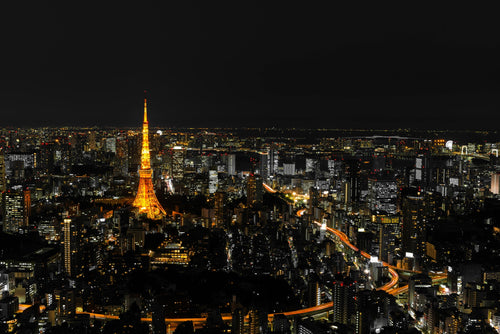
Best Night Tours in Tokyo for After-Dark Adventures
Tokyo’s nightlife is renowned for its energy, vibrancy, and unique blend of traditional and modern experiences. From ...
-
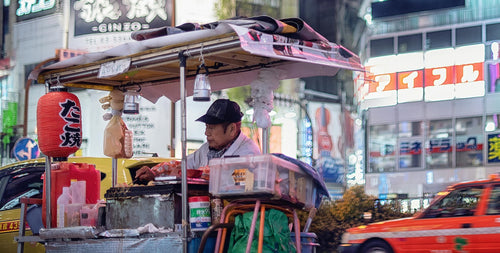
Japan’s Late-Night Food Culture: 8 Best Street Eats
Japan’s late-night food culture is a vibrant experience, especially in bustling cities like Tokyo and Osaka, where de...
-
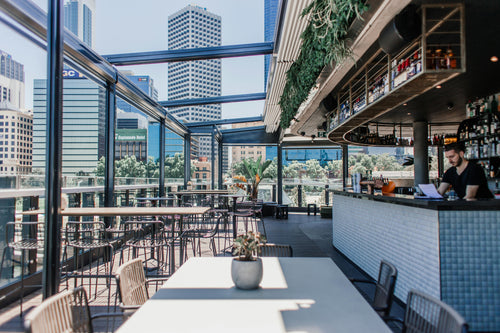
7 Rooftop Bars in Tokyo for Stunning Views
Tokyo’s rooftop bars offer some of the best ways to soak in the city’s skyline while enjoying drinks, atmosphere, and...
-

10 Best Nightclubs in Tokyo for Dancing and Music Lovers
Tokyo's nightlife is renowned for its variety and energy, with nightclubs that range from high-energy dance floors to...
-
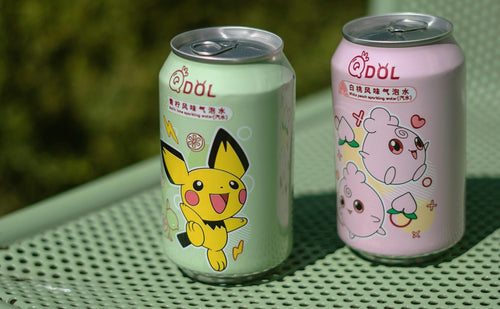
8 Themed Bars and Cafes You Need to Visit in Tokyo
Tokyo is famous for its creative and quirky themed bars and cafes, offering immersive experiences for locals and...
-

Tokyo Nightlife Guide: Shinjuku, Shibuya, and Roppongi Highlights
Tokyo’s nightlife is legendary, offering a mix of vibrant energy, entertainment, and unique experiences in some of it...
-
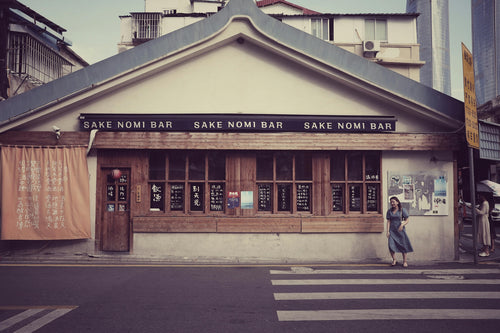
7 Best Japanese Sake Bars in Tokyo
Tokyo is home to some of Japan’s best sake bars, offering both locals and visitors an opportunity to explore the...
-
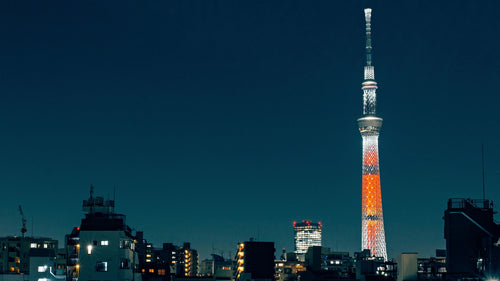
Top 6 Observation Decks in Tokyo for Scenic Views
Tokyo’s observation decks offer some of the best panoramic views of the city, giving visitors a chance to see th...
-
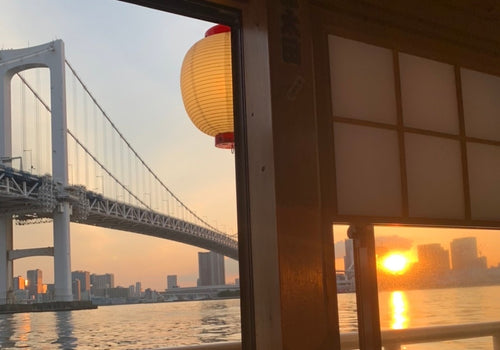
Night Cruises in Tokyo: Enjoy the City Views
Tokyo’s skyline is mesmerizing at any time, but experiencing it from the water on a night cruise adds a magical ...
-
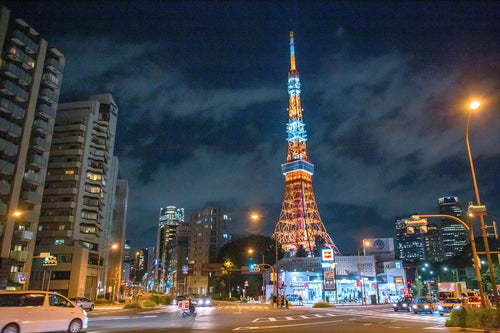
Roppongi Art and Nightlife Guide
Roppongi is one of Tokyo’s most vibrant districts, known for its lively nightlife, sophisticated art scene, and ...
-
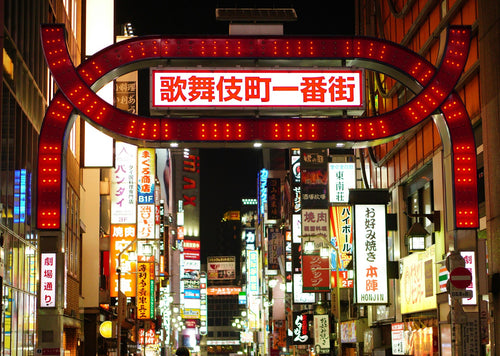
Nightlife Guide to Shinjuku Kabukicho
Shinjuku’s Kabukicho district, known as Tokyo’s “Sleepless Town,” is the center of nightlife in Tokyo. Renowned ...
-
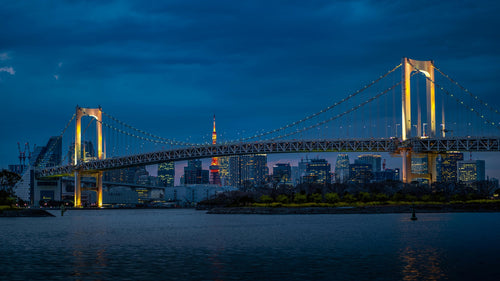
6 Best Night View Spots in Tokyo
Tokyo at night is a breathtaking spectacle, with illuminated skyscrapers, iconic landmarks, and bustling streets that...
-
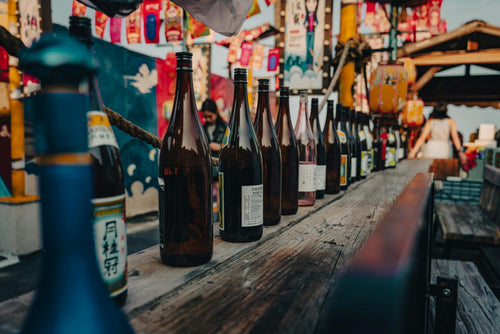
Top 12 Sake Breweries in Japan for Tasting and Tours
Japan’s sake culture is celebrated around the world for its depth, complexity, and rich history. Sake, or nihons...
-
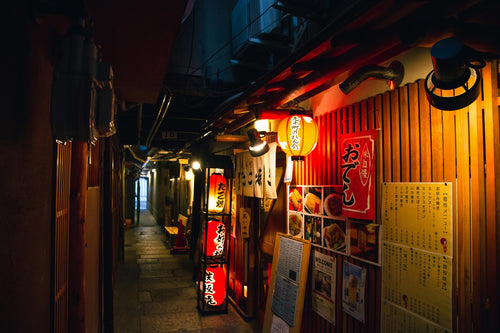
How to Enjoy a Night at a Japanese Izakaya
Japanese izakayas are casual, lively spots where locals gather after work to enjoy drinks, share small plates, a...
-

Exploring Karaoke Culture in Japan: 8 Best Places to Sing
Karaoke is an integral part of Japanese culture, offering a fun and entertaining way for friends, family, and even co...
-
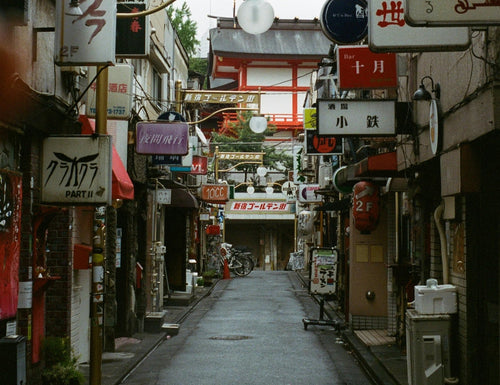
5 recommended bars in Golden Gai
Golden Gai, nestled in the heart of Tokyo’s Shinjuku district, is one of the city’s most iconic bar districts. Known ...
-
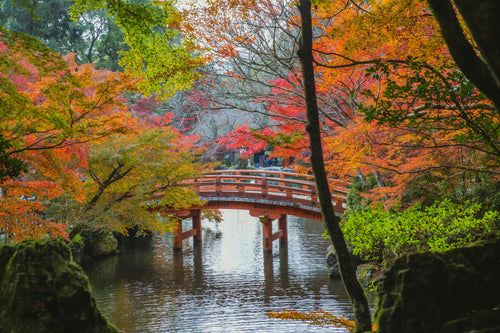
10 Japanese Gardens You Should Visit for Tranquility
Japanese gardens are renowned for their beauty, tranquility, and intricate designs that reflect harmony with nature. ...
-
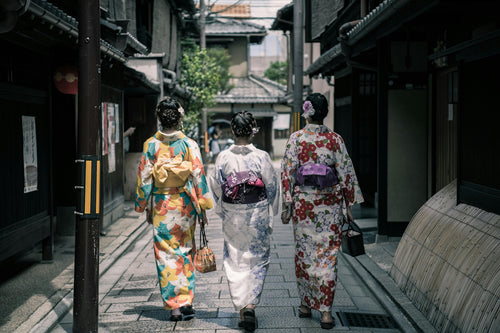
Japan’s Kimono Heritage: Symbolism, Style, and Where to See
The kimono, Japan’s traditional garment, is a beautiful and symbolic representation of Japanese culture. From its int...
-
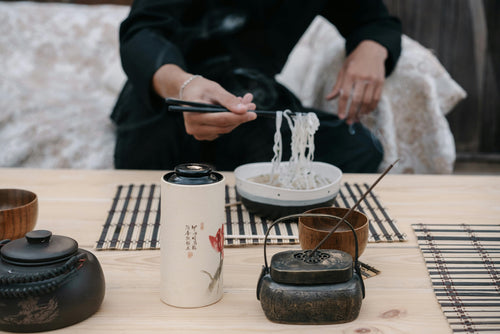
Etiquette Essentials for Visitors to Japan
Japan’s culture is rich in respect, politeness, and consideration, making etiquette an essential part of daily l...
-
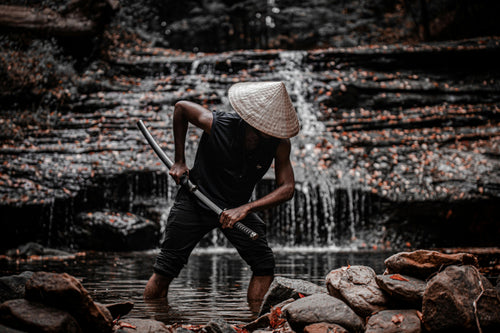
7 Best Places to Discover Japan’s Samurai History
Japan’s samurai history is one of honor, skill, and deep cultural influence, stretching back centuries and leaving an...
-
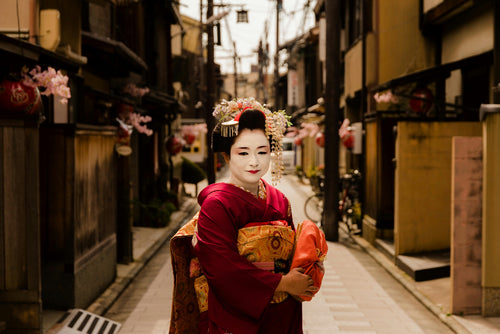
Geisha Culture in Japan: Myths and Realities
The world of geisha, Japan’s skilled performers and keepers of traditional arts, has long intrigued people around th...
-
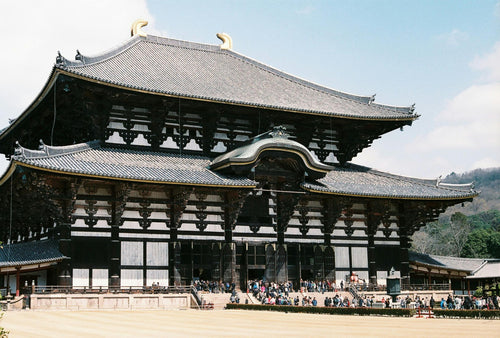
Japan’s Unique Architecture: Top 8 Traditional and Modern Landmarks
Japan is renowned for its unique blend of ancient architectural heritage and cutting-edge modern designs. From c...
-
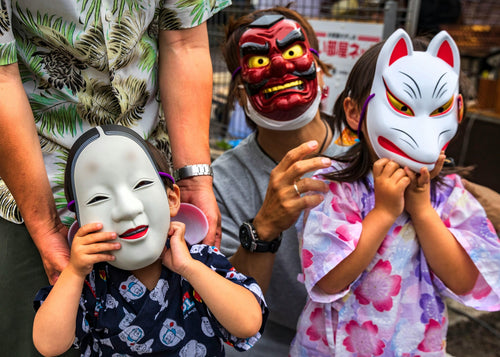
10 Traditional Japanese Festivals (Matsuri) You Can’t Miss
Japanese festivals, or *matsuri*, are vibrant celebrations of cultural heritage, featuring elaborate costumes, l...
-
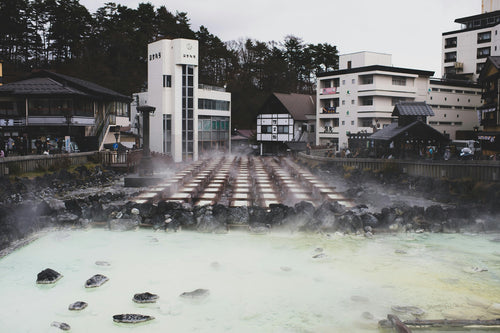
Japan’s Three Great Onsen: A Guide to Famous Hot Springs
Japan is famous for its natural hot springs, or *onsen* (温泉), offering visitors a unique opportunity to relax and rej...
-
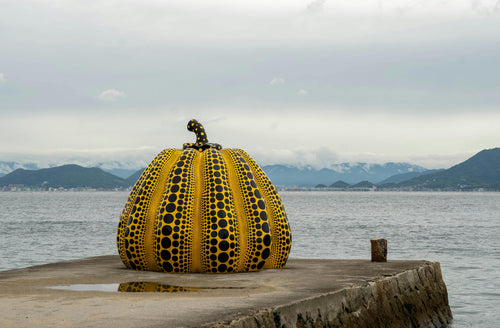
Japanese Art Exploration: Best Spots to Enjoy Art in Japan
Japan is a country rich in artistic heritage, from centuries-old traditional crafts to modern, innovative instal...
-

Guide to Japan’s Fireworks Festivals: When and Where to Go
Japan’s summer fireworks festivals, known as "hanabi taikai" (花火大会), are among the most anticipated events in th...
-
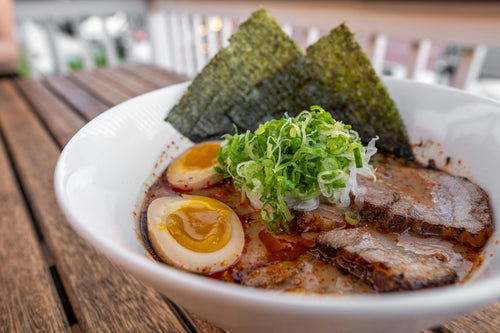
Where to Experience Ramen-Making Classes in Japan
Ramen is one of Japan’s most beloved dishes, with countless regional styles and flavors that attract food lovers from...
-
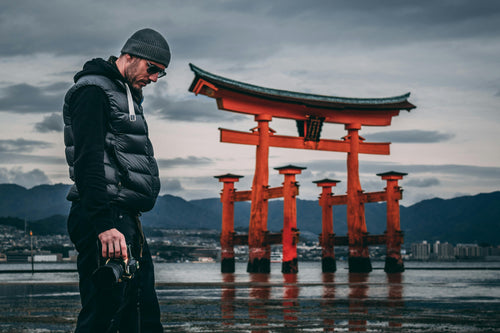
Power Spot Tours: Japan’s Famous Temples and Shrines
Japan is a land steeped in spiritual history, and visiting its temples and shrines provides not only a glimpse i...
-
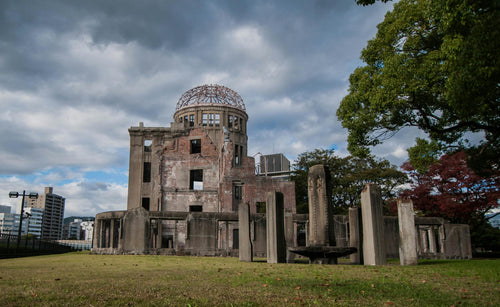
UNESCO World Heritage Site Tour Guide in Japan
Japan is home to numerous UNESCO World Heritage Sites, each offering a glimpse into the country’s rich cultural herit...
-
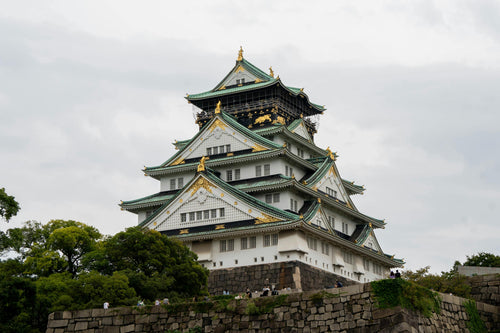
5 Famous Japanese Castles: History and Highlights
Japan is home to some of the most beautiful and historically significant castles in the world. Built during the feuda...
-
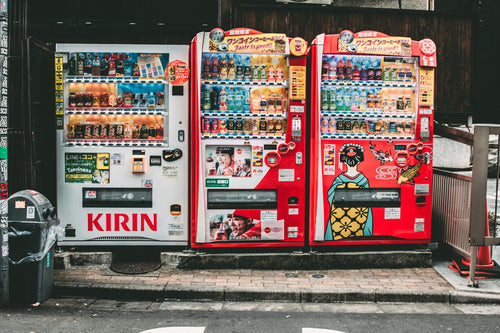
10 Unique Drinks to Try from Japanese Vending Machines
Japan is famous for its vending machines, offering an incredible variety of drinks that go beyond just soft drinks an...
-
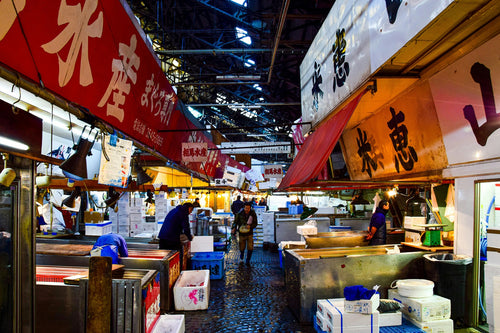
Tokyo Market Guide: Exploring Tsukiji and Toyosu Markets
Tokyo's Tsukiji and Toyosu Markets are must-visit spots for food lovers and anyone interested in Japan’s rich culinar...
-
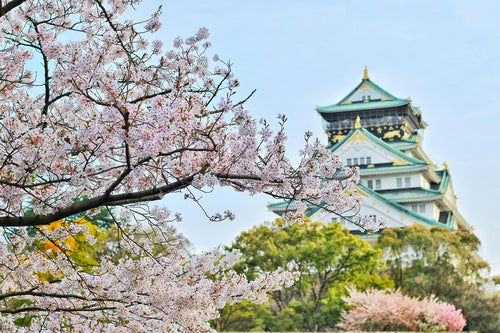
Top 7 Cherry Blossom Viewing Locations in Tokyo
Springtime in Tokyo is synonymous with the cherry blossom season, a breathtaking period when the city’s parks, rivers...
-
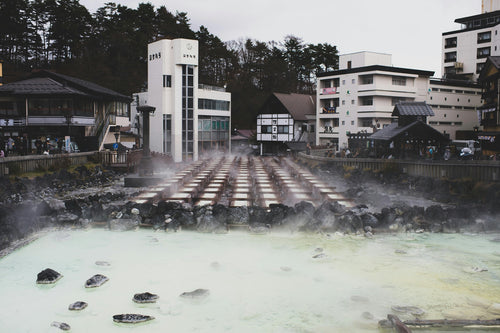
What is Onsen? A Guide to History, Benefits, and Etiquette
Onsen, Japan’s cherished hot spring culture, offers a unique blend of relaxation, scenic beauty, and deep-rooted trad...
-
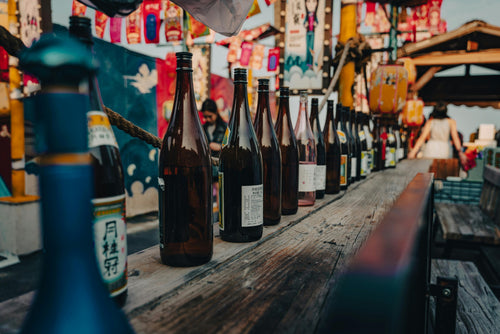
What is Sake? Its Production Method and History
Sake is a traditional Japanese alcoholic beverage made from fermented rice. It has been enjoyed in Japan for over a t...
-
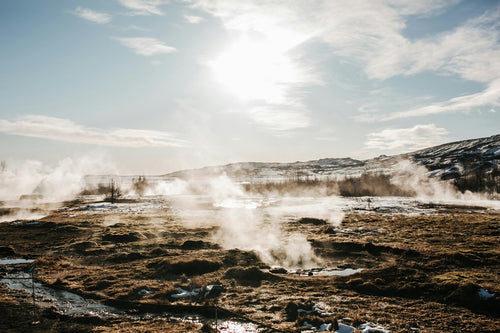
8 hot springs with beautiful scenery near Tokyo
Tokyo is a bustling metropolis, but just outside the city are some of Japan's most serene hot springs, or onsens, off...
-

Top 10 museum to visit in Tokyo
Tokyo is home to a diverse range of museums that cater to all interests, from art and history to technology and pop c...
-
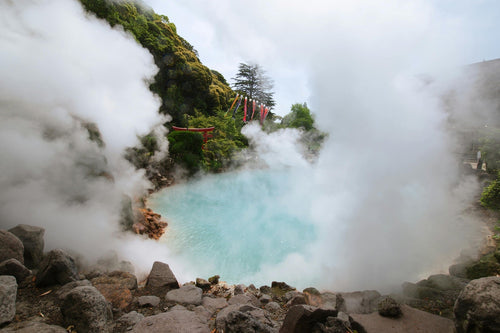
9 Best Hot Spring and Bathhouse in Tokyo
Tokyo is known for its vibrant urban energy, but it's also a fantastic place to relax and rejuvenate in hot springs (...
-
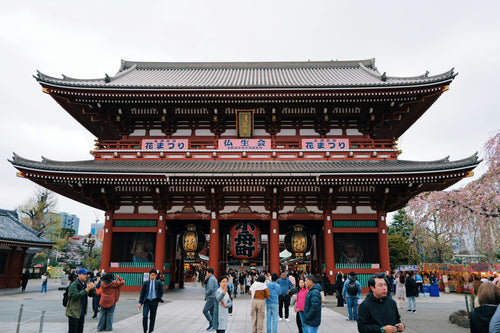
15 Famous Temples and Shrines to Visit near Tokyo
Tokyo and its surrounding areas are home to many famous temples and shrines that showcase Japan's rich spiritual and ...









































